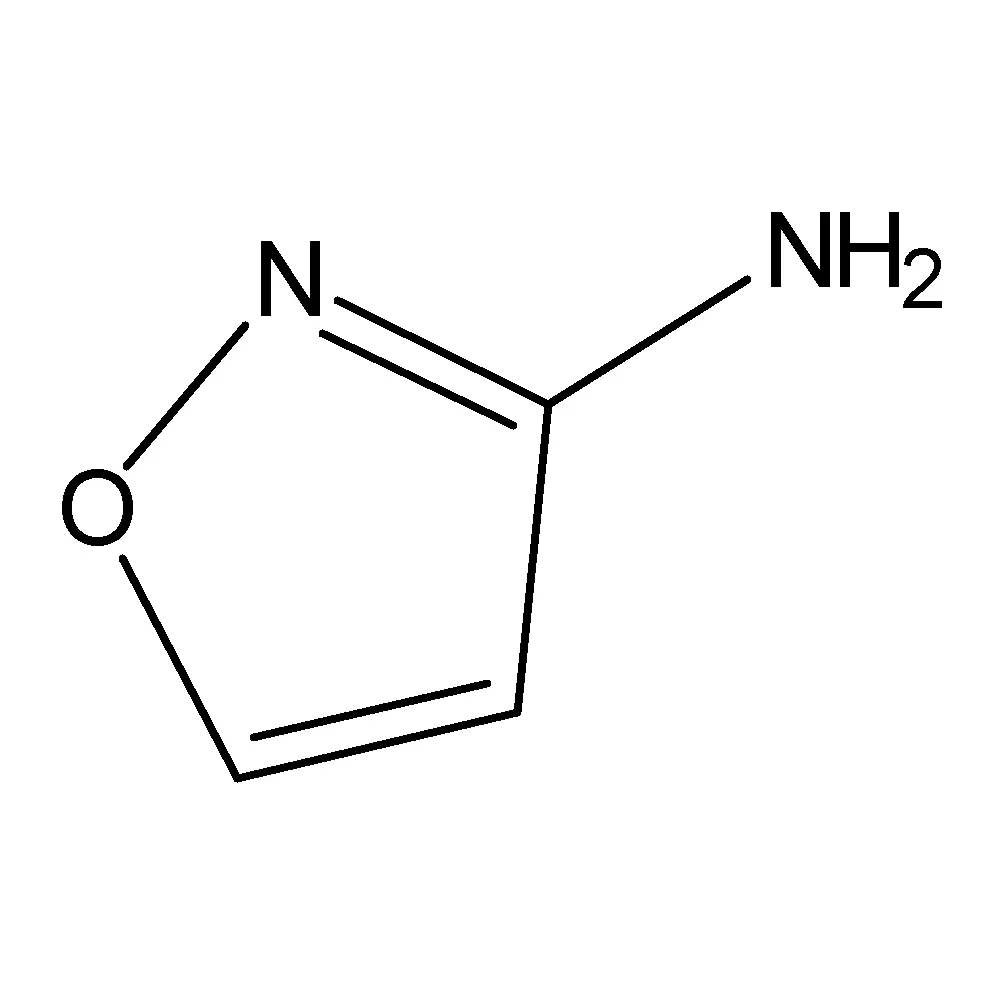Industrial and fine chemicals are integral to various sectors, playing crucial roles in the production of everyday products and advanced materials. As a high-tech enterprise, Plus Science & Technology (Shanghai) Co., Ltd. specializes in the research, development, production, and sales of electronic chemicals, high-end pharmaceutical raw materials, and intermediates (APIs). This article delves into the diverse applications of industrial and fine chemicals, highlighting their significance across multiple industries and their impact on modern life.
What Are Industrial and Fine Chemicals?
Definitions
Industrial Chemicals: These are substances used in manufacturing processes to produce goods. They are typically produced in large quantities and serve as raw materials or intermediates in various applications.
Fine Chemicals: Unlike industrial chemicals, fine chemicals are produced in smaller quantities with a focus on high purity and specific performance characteristics. They are often used as active ingredients or intermediates in pharmaceuticals, agrochemicals, cosmetics, and specialty applications.
Key Differences
The primary distinction between industrial and fine chemicals lies in their production scale and application. While industrial chemicals are mass-produced for general use, fine chemicals require specialized processes to ensure quality and precision for specific applications.

Applications of Industrial Chemicals
Industrial chemicals serve a wide array of functions across various sectors:
1. Manufacturing
In the manufacturing sector, industrial chemicals are essential for producing a variety of products, from plastics to textiles. Common applications include:
Plastics Production: Chemicals like ethylene and propylene are fundamental in creating polymers used in packaging, automotive parts, and consumer goods.
Textile Processing: Dyes and finishing agents enhance the appearance and durability of fabrics.
2. Agriculture
Agricultural chemicals play a vital role in crop protection and enhancement:
Fertilizers: Nitrogen-based fertilizers help improve soil fertility and increase crop yields.
Pesticides: Herbicides and insecticides protect crops from pests and diseases.
3. Construction
In the construction industry, industrial chemicals contribute to materials that ensure safety and durability:
Cement Additives: Chemicals enhance the properties of cement, improving strength and workability.
Sealants and Adhesives: These products ensure structural integrity by bonding materials together effectively.
4. Energy Production
Industrial chemicals are also crucial in energy production:
Fuels: Chemicals derived from crude oil are processed into gasoline, diesel, and other fuels.
Batteries: Electrolytes used in batteries are vital for energy storage solutions.
Applications of Fine Chemicals
Fine chemicals have a more specialized role across various industries:
1. Pharmaceuticals
Fine chemicals are indispensable in the pharmaceutical industry:
Active Pharmaceutical Ingredients (APIs): These are the biologically active components of medications that provide therapeutic effects.
Intermediates: Fine chemicals serve as precursors in synthesizing APIs, ensuring that drugs meet stringent quality standards.
2. Biotechnology
In biotechnology, fine chemicals facilitate advanced research and development:
Diagnostic Reagents: Used in laboratory tests to detect diseases or conditions.
Bio-based Chemicals: Derived from renewable resources for sustainable applications.
3. Cosmetics
The cosmetics industry relies heavily on fine chemicals for product formulation:
Emulsifiers: These help blend oil and water-based ingredients for creams and lotions.
Preservatives: Fine chemicals ensure product stability by preventing microbial growth.
4. Electronics
Fine chemicals play a critical role in electronics manufacturing:
Semiconductor Materials: High-purity chemicals are essential for producing semiconductors used in electronic devices.
Cleaning Agents: Used to prepare surfaces during manufacturing processes to ensure optimal performance.

Advantages of Using Fine Chemicals
The use of fine chemicals offers several advantages that enhance product quality across industries:
1. High Purity Standards
Fine chemicals are produced under stringent quality control measures to ensure high purity levels. This is crucial in industries like pharmaceuticals where impurities can lead to adverse effects or reduced efficacy.
2. Tailored Properties
Fine chemicals can be customized to meet specific requirements for various applications. This flexibility allows manufacturers to create products that perform optimally under different conditions.
3. Enhanced Performance
The precise formulation of fine chemicals contributes to improved performance in end products. For example, high-quality emulsifiers can enhance the stability of cosmetic formulations, leading to better consumer satisfaction.
Future Trends in Industrial and Fine Chemicals
As technology advances, several trends are shaping the future of industrial and fine chemicals:
1. Green Chemistry
The push for sustainability is driving innovation in chemical production processes. Green chemistry focuses on reducing waste, using renewable resources, and minimizing environmental impact.
2. Biotechnology Integration
Biotechnology is increasingly being integrated into chemical manufacturing processes. This allows for the development of bio-based alternatives that can replace traditional petrochemical-derived substances.

Conclusion
Industrial and fine chemicals play vital roles across numerous industries, contributing significantly to modern life. From pharmaceuticals to agriculture, these substances enable the production of high-quality products that meet consumer needs while adhering to stringent safety standards.
Plus Science & Technology (Shanghai) Co., Ltd., with its focus on electronic chemicals, high-end pharmaceutical raw materials, and APIs, exemplifies the importance of innovation within this sector. By understanding the diverse uses of industrial and fine chemicals, businesses can harness their potential to drive progress across various fields while ensuring quality and sustainability remain at the forefront of their operations.
As industries continue to evolve with changing consumer demands and technological advancements, the significance of industrial and fine chemicals will only grow—underscoring their role as essential components in shaping a better future for all sectors involved.
Enhancing Performance and Durability with Fluorine Monomers in Engineering Applications
